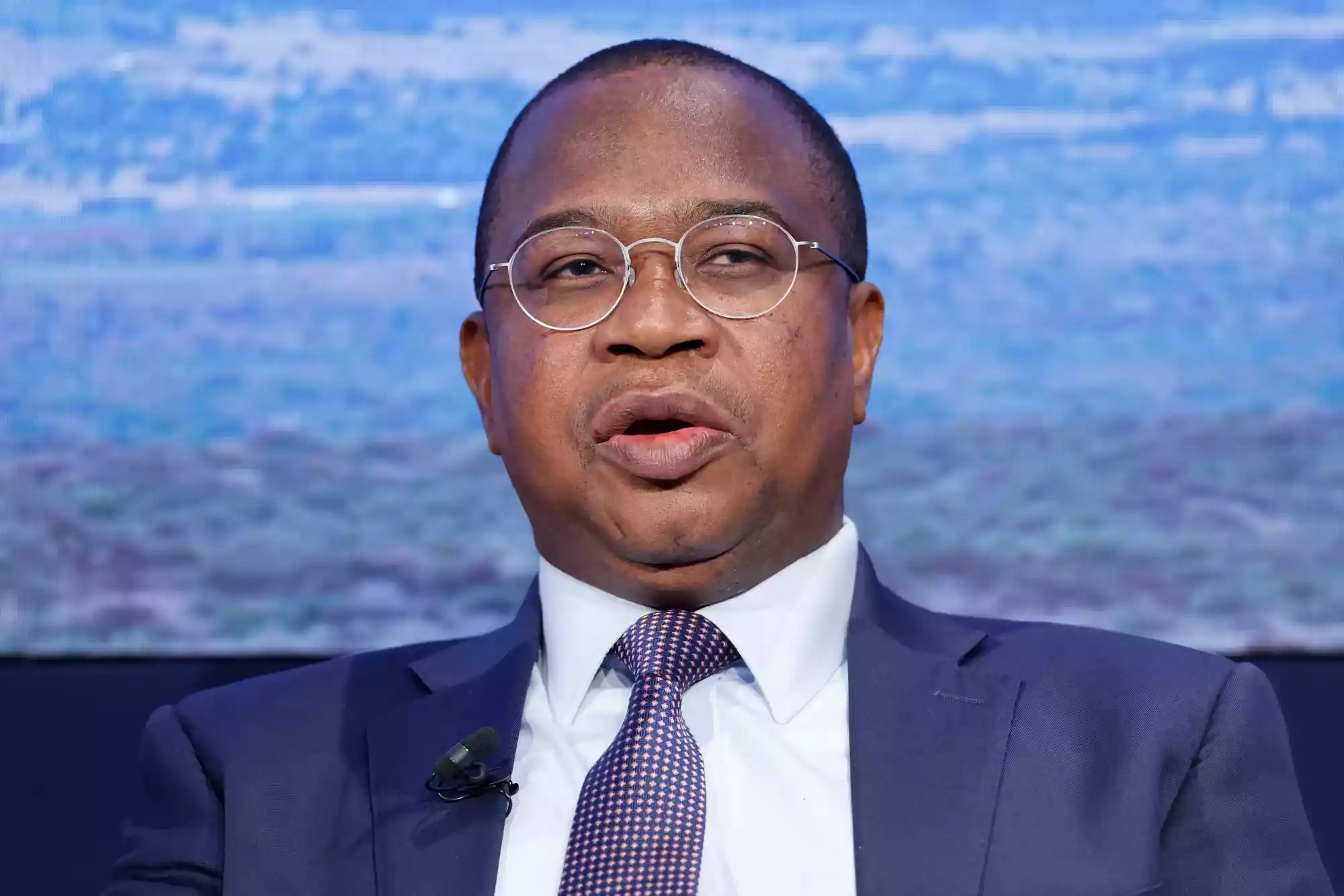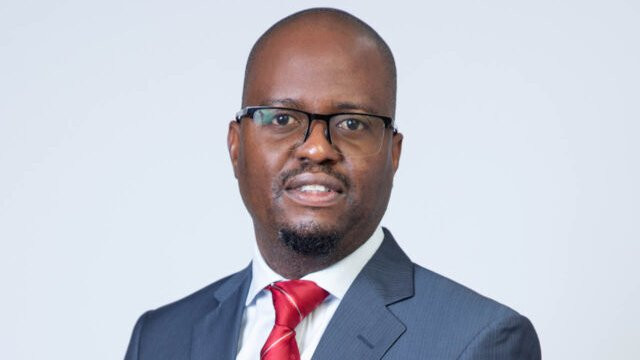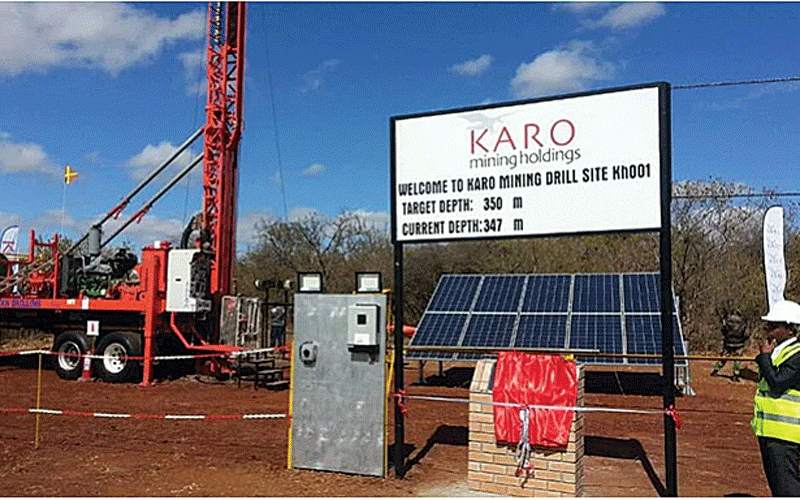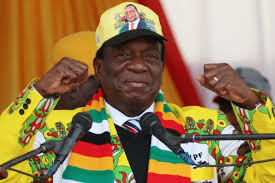
The Finance ministry is ready to review the 2024 budget following an outcry about a plethora of proposed taxes that economists say will push the cost of living up, deputy minister David Mnangagwa has said.
A fortnight ago, Finance minister Mthuli Ncube presented a $53.9 trillion budget on where he proposed a review of the Strategic Reserve Levy by US$0.03 and US$0.05 per litre of diesel and petrol respectively, increase of toll fees on premium roads and passport and selected fees charged by the Central Vehicle Registry.
Ncube also wants to introduce a levy of US$0.02 per gramme of sugar contained in beverages, excluding water, a wealth tax levied at a rate of 1% of market values of residential properties with a minimum value of US$100 000 and a l% levy on gross proceeds of lithium, black granite and other cut or uncut dimensional stones and quarry stones.
Critics have described the budget as anti-poor and divorced from reality where the majority of Zimbabweans are struggling to make ends meet.
Mnangagwa told Standardbusiness on the sidelines of a post-budget seminar in Harare last week that the government acknowledged the criticism that followed the presentation of the budget.
“You know, since the budget presentation, which again is a proposal that will be debated through Parliament we have had a lot of feedback from different organisations, economists, experts and academia,” he said.
“So, I wouldn’t discount any sentiment so far because the whole idea of the proposal is to then sit down, do a deep dive and then actually see if there is merit to some of these issues.
“I know we will be sitting down with the Confederation of Zimbabwe Industries. We’ll study their paper and we will have our economists, they will have their team, and then we’ll come up with a win-win (position).”
- SRC move, an exercise in futility
- Fifa trashes Zifa EGM
- Budget dampens workers’ hopes
- Govt issues $24 billion Covid-19 guarantees
Keep Reading
Mnangagwa said he did not agree with assertions that the budget was anti poor as most of the proposed taxes, levies and fees were critical for economic development.
“I think when we sit down as industry, as technocrats, bureaucrats, policymakers, it starts from the ordinary person,” he said.
“So, you look at, for example, the toll fees. The first thing we look at is, what the cost of a road is?
“The amount of money that you save, you know, when you don’t have to buy shocks as many times a year, you don’t have to change your tyres as many times, or don’t get involved in accidents, is so much more compared to increasing the tollgate fees.”
He said the ministry was exploring measures to cushion ordinary people.
“We also have support systems to ensure that bus operators have exemptions for some of these toll fees so that the cost doesn’t necessarily go to the ordinary person,” he said.
“We want to remove the notion that it’s an anti-people budget.
“As you know, for every pillar of the tax measures, the ordinary person is either cushioned on the expenditure side or by policy.
“The tax measures that way, do not squeeze the ordinary person.”
Local financial services firm, IH Securities warned that the downside risk of the sweeping tax reforms might be the ‘Laffer curve effect’.











